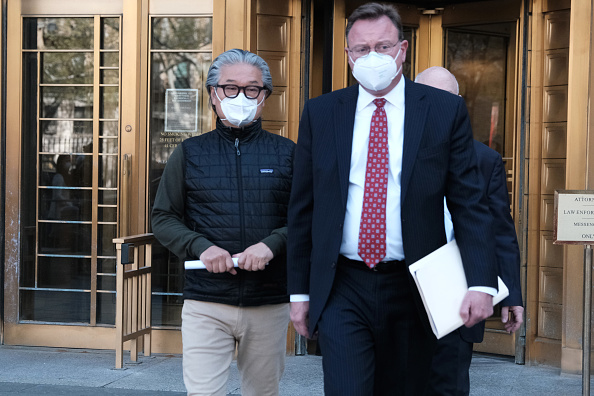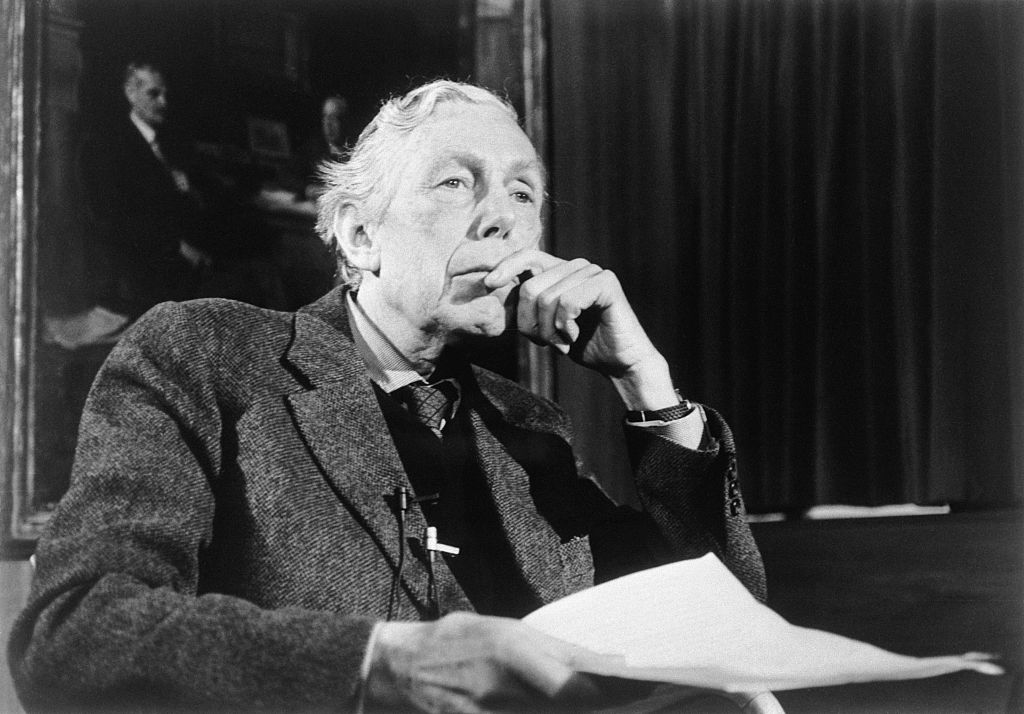It is easy to succumb to the temptation, after the peculiar election in the United Kingdom with the disintegration of the Conservative Party, the ambiguous results in France, and the belated withdrawal of President Biden on the substantial crumbling of his administration under the heavy blows of the returning Donald Trump at the head of his immense army of followers, that the political affairs of the West are entering a period of worrisome instability. I believe that in fact the reverse is true.
One of the few things that the incoming government in London may be expected with some confidence to manage reasonably well is the country’s defence commitment and continued adherence to collective security in Europe and elsewhere.
The leader of the Reform Party, Nigel Farage, who captured approximately 30 per cent of the previous Conservative country-wide vote, is invoking the Canadian model from thirty years ago on how to organise the centre and centre-right vote. In Canada, following the retirement of Prime Minister Brian Mulroney, the conservative vote which was in fact a centrist vote, splintered into three groups: the continuing Progressive Conservatives, the populist right-conservatives in what became the Reform Party concentrated in the western provinces, and a more autonomous French Québec party which styled itself the Bloc Québecois.
It took ten years to put the Progressive Conservatives (now a contradictory name for a political party), and the Reform Party back together as the Conservative Party and it won the next three elections, has lost three respectably, led the popular vote in two of them, and is well-placed to win the general election next year.
No British Labour Party leader except Tony Blair has won consecutive full terms, and Keir Starmer is one of the less prepossessing occupants of that position in its uneven history of 118 years. The restoration of stability in Britain requires an overall movement moderately to the Right to provide for the principal parties of the moderate Right and Left. This will be achieved when the Conservative Party establishment, which has shamefully attempted to ignore and pretend the nonexistence of Nigel Farage, comes to its senses and recognises that it will never hold office again until it gets his voters back, which means reaching an arrangement with him.
Farage, more than any other individual, was the father of Brexit and the extent to which he has been cold-shouldered by the grey-suited toffs and spavined red Tories who gave the country five consecutive failed prime ministers in seven years (Cameron, May, Johnson, Truss, Sunak), a one-party record going back to the founding of the office of prime minister by Walpole in 1721, has been a scandalous act of socio-political snobbery. It was bound to catch up with them eventually.
To get Reform voters back, the Conservatives will only have to think better of this Butskillist (1950’s Conservative deputy leader Rab Butler and Labour leader Hugh Gaitskill) nonsense that, in the name of “modernisation,” has caused them to pursue conservative votes on the Left of the centre of British politics.
They have run away from Margaret Thatcher, who is the only Conservative leader since the passage of the First Reform Act in 1832 to win three consecutive full terms, and who saved the country from the dustbin, and have scrambled to the Left. Obtuse and inadequate though the recent leadership of that party has been, and despite appearances, it has not durably lost its sense of self-preservation. Better days for the intelligent Right and the well-motivated leadership of the European component of the Western alliance should be no more than four thoroughly-survivable years ahead.
In France, much depends on whether President Macron, who, though he has been tactically unwise at times, is an astute leader with an extensive grasp of French history, moves to civilize his relations with the National Rally of Marine Le Pen and Jordan Bardella, and recognises that the real extremists in the current French political scene are Jean-Luc Mélenchon’s Tower of Babel in the Popular Front of the Left.
If Macron’s Renaissance party does not move toward an association with the RN, it will be overwhelmed after Macron, who founded it out of thin air, obligatorily retires in 2027. Essentially, France has two main parties, Gaullists and Socialists, although the Gaullists keep changing their name according to who is the leading Right of centre politician in the country, and the Socialists are in confederations of the Left in which the Socialist party is not necessarily the largest party, only the most durable one.
Marine Le Pen ceased being an extremist more than five years ago, while the Left fragmented after the elegantly cynical two terms of President François Mitterrand in 1995, revived in the completely inept democratic Marxist government of François Holland, (2012-2017), and is now a ramshackle coalition with the militant greens, outright Communists, and an astonishing congeries of other-worldly utopians. Macron has the ability to keep the presidency and the legislature in reasonably sensible hands and seems too clever to squander his legacy.
Joe Biden was a disastrous president in every significant policy area: inflation, taxes, ten million illegal immigrants, skyrocketing crime, a green terror, and an incoherent foreign policy that never recovered from the shambles in Afghanistan. He clearly does not have the physical strength or the intellectual lucidity to hold and execute such an exalted and challenging office.
It has taken an astonishingly long time for the Democratic Party bosses to realize that he was no longer presentable, and it is probably too late to parachute in behind him anyone but his singularly underwhelming vice-president. He appears to have negotiated his departure in exchange for the confirmation of Kamala Harris, a non-white female nonentity, and other considerations for himself that will probably never be revealed.
This may have prevented a terrible disaster at the polls for the Democrats going down-ballot into local offices, though that is not yet certain. But Donald Trump has astounded doubters by his resurgence, most recently demonstrated in the attempted assassination of him, and he is probably unstoppable.
Trump is only the sixth president to be nominated by a serious party three times for president (Jefferson, Jackson, Cleveland, Franklin D. Roosevelt, and Nixon are the others), and only the second (after Cleveland), to seek non-consecutive terms. Assuming he is re-elected, he will be a much less jarring and disruptive figure than in his first term, will exercise clearly more experienced judgment in the selection of high officeholders, and will likely have practical control of both houses of Congress, which he did not in his first term.
His complete takeover of the Republican Party and reorientation of it to poach millions of previously reliable Democratic minority and working-class votes has established him already as one of the remarkable political phenomena of American history. Western Europeans have no reason whatever to be worried at the prospect of his return, despite their usual preference for rather weak American presence, other than when international crises absolutely require American strength.
The present political condition of the West, like Mark Twain’s description of Wagner’s music, “is not as bad as it sounds.”





Zelensky drags America into war, or Zelensky loses